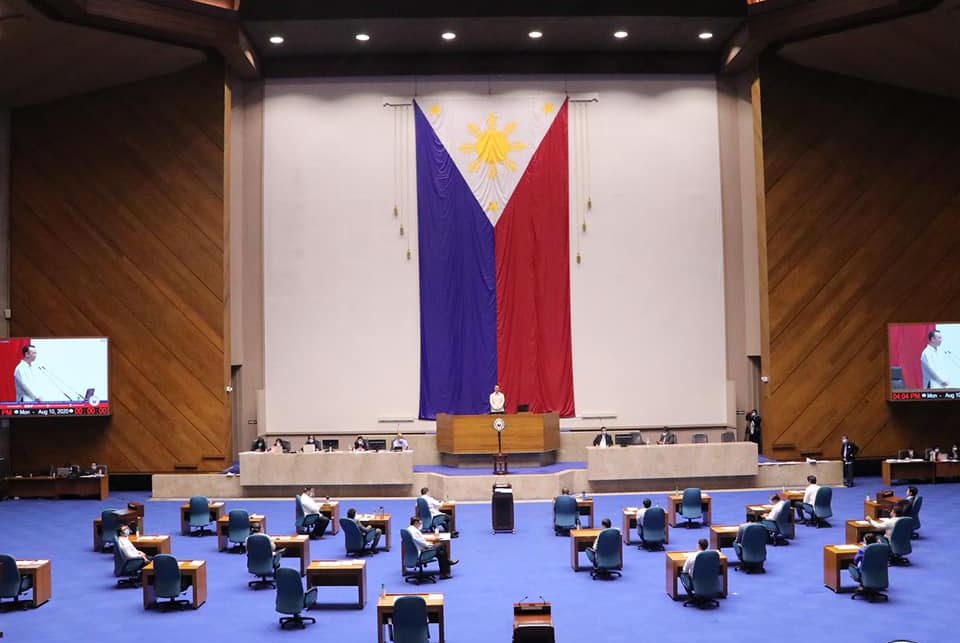News
House panel okays ‘Public Schools of the Future’ bill

During a virtual meeting on Thursday, the House Committee on Basic Education and Culture approved a consolidated measure proposing to establish public schools of the future in technology. (File Photo: House of Representatives/Facebook)
MANILA – A bill seeking to modernize the country’s public schools’ system by preparing them for a more digital economy hurdled the committee level at the House of Representatives.
During a virtual meeting on Thursday, the House Committee on Basic Education and Culture approved a consolidated measure proposing to establish public schools of the future in technology.
The approval comes in response to President Rodrigo Duterte’s request for more information and communications technology in public schools and the establishment of a Public Education Network (PEN).
“The DepEd (Department of Education) and the DICT (Department of Information and Communications Technology) are building up the Public Education Network or PEN that will connect all public schools and DepEd offices nationwide. By 2022, before I step down, the PEN shall be realized. I’m referring to the program. I will — I will do it,” President Duterte said during his fifth State of the Nation Address (SONA).
The bill mandates government agencies, through an inter-agency task force, to prepare the country’s public schools’ curriculum, physical and digital infrastructure, and administration for teaching skills useful for a more digital economy.
The bill also states that all public basic education schools shall be provided access to the internet for the purpose of reducing the digital divide among DepEd learners and raising the standards of education in the country.
Albay Rep. Joey Salceda, the principal author, said the enactment of the proposed law is necessary especially in the time of the coronavirus pandemic.
Apart from reorienting the curriculum toward more skills-based education, Salceda said the bill also seeks to mobilize government and private-public partnership (PPP) resources towards making public schools more digital-ready.
The Department of Education (DepEd) shall be mandated to develop e-learning resources.
“Chairman (Pasig City Rep. Roman) Romulo and the Committee have been very receptive to our ideas for reforming the basic education system. That’s why I anticipate that ultimately, the whole of the Comprehensive Education Reform Agenda will be enacted,” Salceda said.
The Comprehensive Education Reform Agenda, proposed by Salceda, also includes a review and reorientation of the country’s K to 12 system, an audit of the country’s public-school infrastructure system, reforms toward workforce development, and universal access to technical and vocational education, school nutrition programs, and others.





















